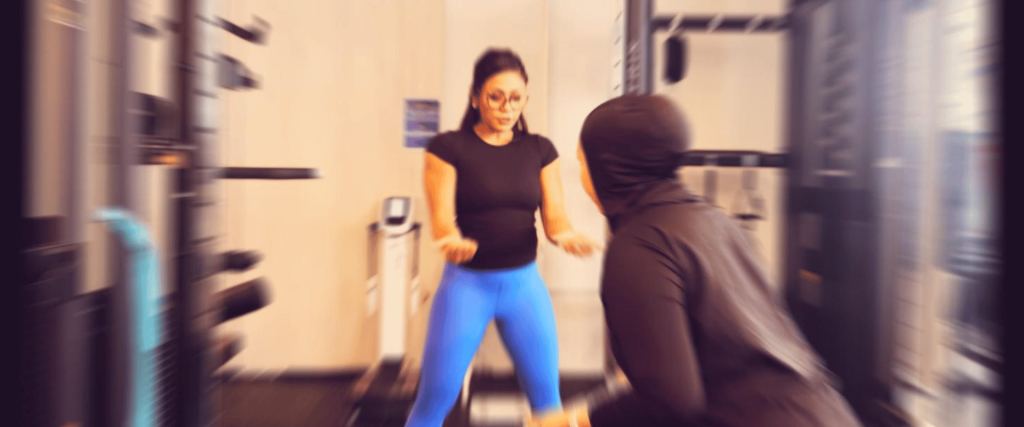
Training During the Month of Ramadan and Fasting: Insights and Experiences
Ramadan, is a time when Muslims around the world observe fasting from dawn until sunset. Fasting during Ramadan is not only a religious obligation but also a time for spiritual reflection, self-discipline, and empathy for the less fortunate. For athletes and fitness enthusiasts, training during Ramadan can be a challenging yet rewarding experience that requires careful planning, dedication, and perseverance.
Instead of the usual tips, we will look and reflect at the experience and hopefully give us a better insight. This might be helpful to those on a similar non-religious dietary restriction like intermittent fasting.
As someone who has personally trained during the month of Ramadan, I can attest to the unique challenges and opportunities that come with balancing physical activity with fasting. While many may assume that training while fasting is detrimental to performance, I have found that with the right approach, it can actually enhance my focus, discipline, and overall well-being.
One of the key insights I have gained from training during Ramadan is the importance of listening to the body. Fasting can have an impact on energy levels, hydration, and muscle recovery, so it is crucial to pay attention to how the body responds to training sessions. Adjust the intensity and duration of your workouts based on how you feel. The key point is understanding your limits as they may even change daily.
Another valuable lesson is the significance of timing and meal planning. Suhoor, the pre-dawn meal before fasting begins, plays a crucial role in providing the energy and nutrients needed for training throughout the day. I have found that incorporating complex carbohydrates, lean proteins, and healthy fats in my suhoor meal helps sustain my energy levels and prevent fatigue during workouts. We have seen on various social media platforms on how training routines are centred around meal times. It’s a simple formula, if your workout is prior to your meal then your workout intensity should be dialled down. The goal is to prevent atrophy (muscle loss) if your main goal is to increase or maintain muscle mass. If your goal is to lose weight by means of a cardiovascular workout then you might want to consider being extra cautious because despite the idea of fat loss doing your favourite cardio workout with an empty stomach, your body might be losing muscle mass instead, directly increasing your body fat percentage. (Most body analysis machine calculate your body fat percentage from your total body weight and your muscle mass)
If you have the luxury of training after your meals then everything is as good as normal. Keeping in mind that having a good pre and post meal after breaking your fast is an added advantage.
In conclusion, training during the month of Ramadan or fasting is a unique and enriching experience that offers valuable insights and lessons for athletes and fitness enthusiasts. By listening to our bodies, prioritising meal planning, practicing mindfulness, and cultivating patience and resilience, we can navigate the challenges of training while fasting and emerge stronger, both physically and mentally. Ramadan serves as a reminder of the power of discipline, faith, and perseverance in achieving our fitness goals and becoming the best version of ourselves. No one body is the same, while we follow guidelines to prevent adverse effects to our fitness it is detrimental that we learn and understand how our own body reacts, responds and function during exercise.
Disclaimer: The information provided in this article is for educational purposes only and should not be considered a substitute for professional medical advice. Please consult us and a doctor before starting any exercise program.
Writer: Marhoum Teddy Sukma





